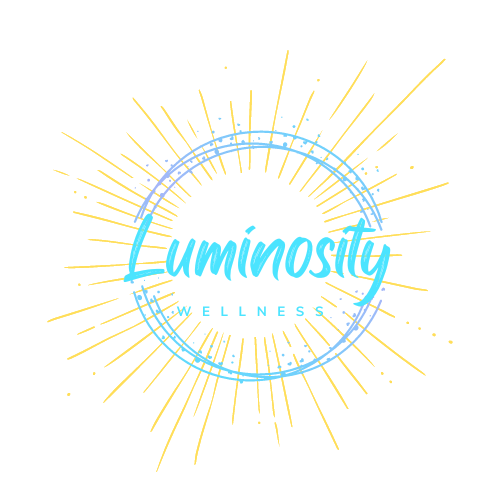In a society dominated by the “quick-fix” mentality and a focus on treating symptoms rather than addressing the root causes of health issues, the concept of true wellness often gets overshadowed. We find ourselves living in a world of “sick-care” rather than “health and wellness.” In this blog post, we delve into what it truly means to be well and explore the transformative power of a holistic approach to health and wellness.
The Illusion of Sick-Care
In the traditional “healthcare” model, the emphasis is on diagnosing and treating illnesses and ailments after they have already manifested. While modern medicine and medical interventions play a crucial role in saving lives and alleviating suffering, this approach often neglects the importance of prevention and promoting overall well-being.
In a society that prioritizes immediate relief and symptom management, we tend to overlook the root causes of stress, pain, and chronic illnesses. The focus on reacting to health issues rather than proactively addressing them can lead to a cycle of repeated treatments and temporary fixes, without ever addressing the core imbalances in our lives.
Understanding True Wellness
True wellness transcends the absence of illness; it encompasses physical, mental, emotional, and spiritual well-being. It is a state of optimal health and vitality that arises from a balanced and harmonious integration of all aspects of our lives. Achieving true wellness requires a shift from reactive sick-care to proactive self-care and a deep commitment to personal growth and self-discovery.
The Holistic Approach to Health and Wellness
The foundation of true wellness lies in adopting a holistic approach to health. Holistic wellness recognizes that every aspect of our lives is interconnected, and our well-being depends on nurturing all these dimensions.
-
Physical Well-Being: Physical wellness involves nourishing our bodies with wholesome foods, regular exercise, sufficient rest, and avoiding harmful substances. It’s about maintaining a strong, flexible, and vibrant body that can withstand the stresses of life.
-
Mental and Emotional Health: Mental and emotional well-being go hand in hand. Nurturing our minds involves practices such as mindfulness, stress management, and cultivating positive thoughts and attitudes. Embracing emotional intelligence helps us cope with challenges, build resilience, and form healthy relationships.
-
Spiritual Connection: Spiritual wellness is about finding meaning and purpose in life. This does not necessarily have to be tied to religion; it can be achieved through practices like meditation, spending time in nature, or engaging in creative pursuits that nourish the soul.
-
Social Support: Human connections are vital for our well-being. Surrounding ourselves with supportive and loving relationships fosters a sense of belonging, reduces stress, and enhances our overall happiness.
The Role of Stress and Pain Management
In the pursuit of true wellness, stress and pain management play a pivotal role. Chronic stress, whether it stems from work, relationships, or other sources, can take a toll on our physical and mental health. Managing stress involves recognizing our triggers, adopting healthy coping mechanisms, and learning to prioritize self-care.
Similarly, pain management goes beyond numbing physical discomfort. It involves understanding the underlying causes of pain and adopting holistic approaches, such as therapeutic breathwork, mindfulness, and integrative therapies, to address these root issues.
The Power of Prevention
Prevention is a cornerstone of true wellness. Instead of waiting for health issues to arise, we can take proactive steps to maintain our well-being. Regular check-ups, balanced nutrition, exercise, and stress-reducing practices all contribute to preventing illnesses and enhancing our quality of life.
The Transformational Journey to Wellness
Embarking on the path to true wellness is a transformative journey. It involves self-reflection, breaking old patterns, and embracing new, healthier habits. While it may require effort and commitment, the rewards are immeasurable. As we align ourselves with the principles of holistic wellness, we experience increased vitality, mental clarity, emotional balance, and a greater sense of purpose.
The Role of Health Practitioners in Fostering Wellness
Holistic Health and Wellness Professionals specializing in stress and pain management are instrumental in guiding individuals on their wellness journey. They offer valuable insights, support, and personalized strategies to help clients achieve optimal well-being. Through holistic therapies, these practitioners empower individuals to discover their inner strength, resilience, and capacity for self-healing.
In a society that often prioritizes sick-care, embracing true wellness is a revolutionary act of self-love and empowerment. By adopting a holistic approach and addressing the root causes of stress and pain, we embark on a transformative journey towards greater well-being and vitality. Let us shift the narrative from reactive sick-care to proactive wellness and embrace the profound impact it can have on our lives and the world around us.
